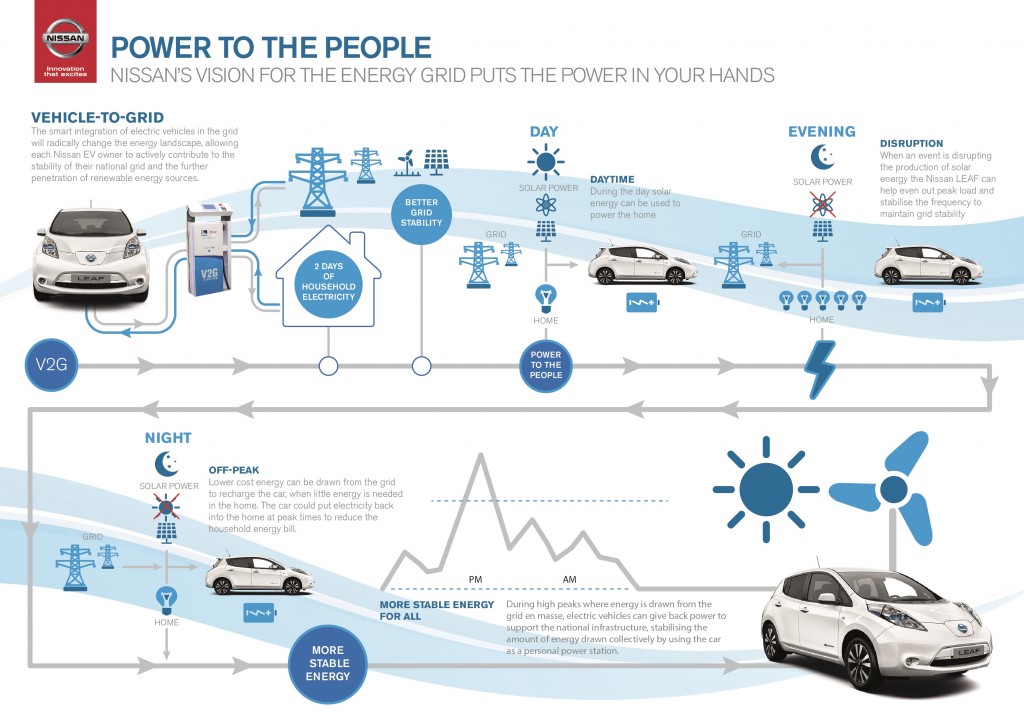NISSAN and Enel, Europe’s second largest power company for installed capacity, have signed an agreement set to revolutionise the way consumers and businesses manage their energy usage.
The two companies teamed up to develop an innovative Vehicle 2 Grid system allowing drivers as well as energy users to operate as individual “energy hubs” with the ability to use, store and return electricity in excess to the grid.
Trials are already underway to test the viability of Grid Integrated Vehicles, the first time ever these systems are tested thus showing how electric vehicles can actively contribute to the development of the energy market.
Paul Willcox, Nissan Europe Chairman commented: “Nissan is the world leader in electric vehicles. We’ve being doing it longer than anyone else, we’ve sold more than anyone else and we’ve got plans for the future that are more credible than anyone else. Our pioneering partnership with ENEL is a perfect example of those plans, taking the car beyond a pure road vehicle, and using it to charge your home or office. It ultimately means that electric vehicles can now become a fully integrated part of our national electricity systems right across Europe.” He also added “A sustainable transportation future demands better connections between vehicles, utilities, renewable energy sources and buildings. This is why today’s announcement is so important – it’s the first step towards a truly integrated automotive energy eco-system.As the energy and automotive sectors converge, and as we look toward to an ever electric future, the opportunities for enhanced energy management have never been stronger. Vehicle-to-Grid technology represents a step closer to this vision and underscores Nissan’s commitment to the entire EV ecosystem – it goes way beyond driving.”
The agreement with the ENEL Group will bring the first Grid Integrated Vehicles to countries where regulation allows sufficient value generation. Denmark will host the first set of trials with Germany, Netherlands and other northern European regions following suit. This endeavour is part of Enel’s and Nissan’s commitment to support the entire electric vehicle ecosystem, going way beyond the car itself and delivering new services to the power industry.
Ernesto Ciorra, Chief Innovation Officer at Enel stated: “Enel is leading the power industry in developing and introducing a V2G charging infrastructure into the global market. We consider integration with electric vehicles a cornerstone of the future of the electric system, as they now have become far more than mobility solutions. Technologies like Vehicle to Grid have the potential to transform energy systems and we’re pleased to join forces with Nissan and move this vision forward. With increased pressure on the grid and an overreliance on fossil fuels, Vehicle-to-Grid implementation gives EV owners the ability to store and release green energy back into the grid. This is an extraordinary time for electric mobility. This alliance make it possible to connect the dots: together, Enel and Nissan have all that is needed to bring new services to customers as well as provide them with new ways to use their cars and get returns out of that.V2G is one of the innovations that can improve our life and make the world a better place for all people now and for the generations to come This is well in line with Enel’s Innovation ‘mantra’ looking at creating better climate conditions in the world we live in.”
The Vehicle-to-Grid (V2G) technology allows electric vehicles to be fully integrated into the electricity grid by also improving grid capability to handle renewable power and will make renewable sources even more diffused and affordable. V2G charging infrastructure and V2G-enabled electric vehicles give together EV owners and businesses with large EV fleets the opportunity to create mobile energy hubs integrating their vehicles with the grid. The system works by allowing Nissan LEAF owners to connect to charge at low-demand, cheap tariff periods, with an option to then use the electricity stored in the vehicle’s battery at home when costs are higher, or even feed back to the grid to generate additional returns.
In France for example, where there are 38 million vehicles and where the current electricity generation capacity is 130 GW, a future where all vehicles on the road are EVs/PHEV, the grid integration of the vehicles could generate a virtual power plant of up to 380 GW (3 times the national generation capacity of France).
The agreement signed by Nissan and Enel also envisaged joint cooperation on other innovative solutions such as energy management services using 2nd life and new batteries and charging stations to electric taxi cooperatives.
For more information about Nissan products, services and the brand’s commitment to sustainable mobility, visit www.nissan.eu/experience-nissan.html




